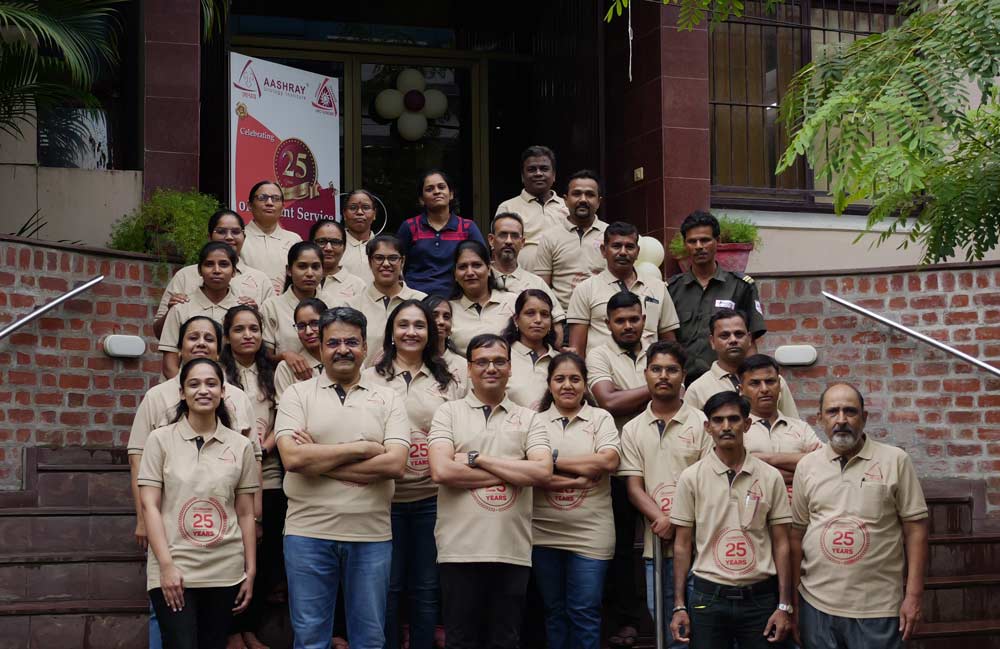

We stand out with unparalleled expertise in treating bladder-related conditions.
Here are some common questions about our Painful Bladder Syndrome and how we can help you.
Painful Bladder Syndrome can be triggered by various factors, including infections, inflammation, or stress. It’s important to consult a specialist for a comprehensive diagnosis.
Treatment duration varies depending on individual needs and response to therapy. Many patients begin to see improvements within weeks of starting a tailored plan.
Common risk factors include previous urinary tract infections, stress, age and certain lifestyle habits. Discussing these with a specialist can help you better understand your situation.
It is a disease of relapses and remissions. With proper treatment and preventive measures, it is possible to maintain the phase of remission.

Tailored evaluations to understand your specific situation and needs by the only qualified FPMRS Consultant of Gujarat.

Access to cutting-edge technologies and methods for effective management like Nerve stimulation procedures.

Diagnosis and Management as per International standards.

Entire pelvic floor evaluation to reach the root cause and rule out diseases that mimic Painful Bladder Syndrome.

Get treated at the First standalone NABH fully accredited Urology hospital in Gujarat.

A compassionate care team ready to assist and answer your questions.
It's natural to have concerns about seeking treatment for Painful Bladder Syndrome. We address common fears with empathy and expertise.
Our specialists are committed to working with you until we find the most effective solutions tailored to your body and needs.
Like any medical treatment, there can be side effects. We will thoroughly discuss any potential risks and provide options that minimize them.
We aim to provide transparent pricing with various options to ensure you receive care without financial stress.
We prioritize your comfort and will take every measure to ensure your treatment experience is as pleasant as possible.
Our pricing structure is transparent and competitive, ensuring patients receive premium care within their budget.
Detailed evaluation and discussion of symptoms.
Prices vary based on tests required.
Costs depend on the type of treatment selected.
I felt cared for every step of the way.
Hear from our patients about their experiences.